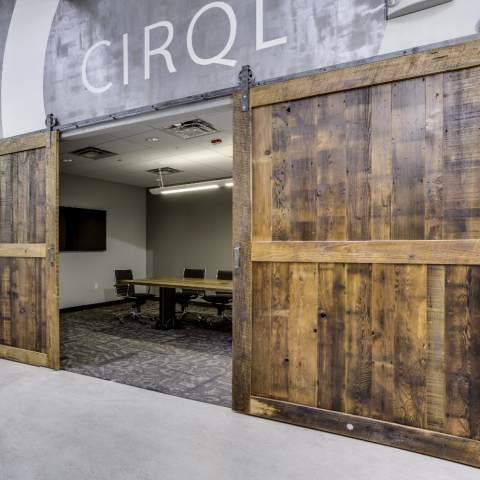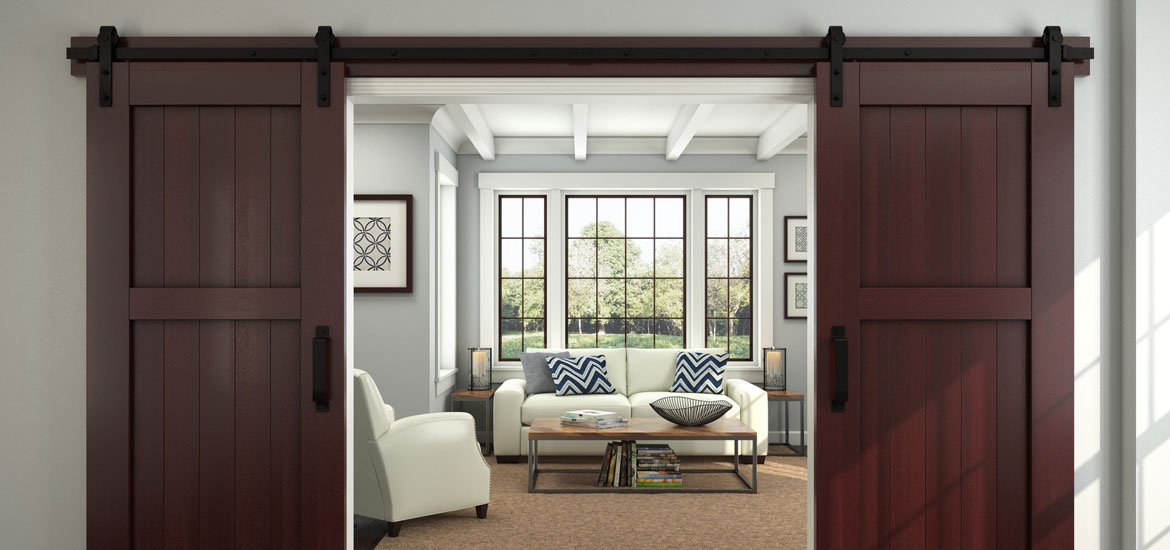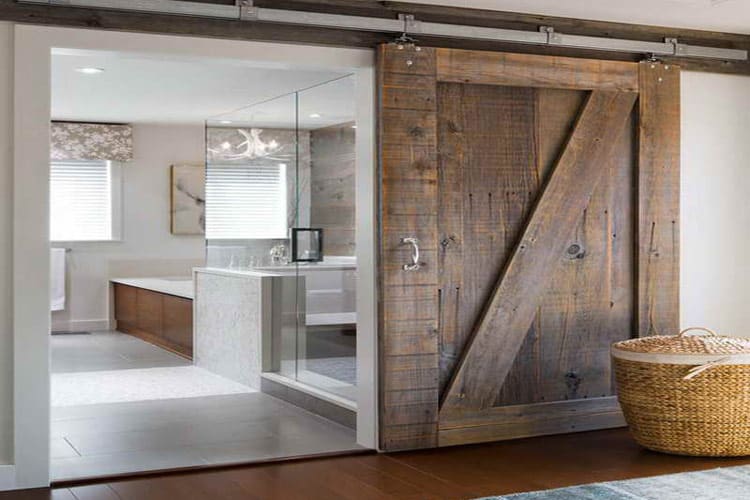Determining whether a property is a good investment
Determining whether To Rent or Sell
WHETHER a property is a good investment takes research and analysis, and it’s wise to take your time in making the decision because it’s a major one, real estate experts say.
“You will break even if you rent out a place in some cases, and in most cases, you will be profitable,” says Walter Molony, an economic issues spokesman for the National Association of Real Estate Professionals. “Investors swooped into the markets in 2011, 2012 and 2013 when they could buy up a place at a lower price,” he adds. But the situation in many U.S. markets has changed with housing prices and rents on the rise, depending on the market. If you’re thinking of renting your house, condominium or coop, do a comparative market analysis on your own or with the help of a licensed real estate salesperson or broker, he suggests. “Figure out how much money you will have to spend to get it up to market standard,” Molony says.
Evaluating whether a property is a good investment and worth renting is both a monetary and personal decision that depends on your situation and tolerance for risk. “Figuring your costs – that’s the easy part,” says J. Frank Barefield, Jr., president of Abbey Residential, LLC, in Birmingham, Ala., and a member of the National Apartment Association. “The hardest part is the one variable that we can’t control – time.” A second factor is the unknown: Who is the person or people who will occupy your home and, hopefully, pay you the agreed monthly amount? “I would want to know everything I can find out about my potential renter,” Barefield says. Whether you do it yourself or work with a management company, make sure you pay for both a financial and criminal background check on prospective tenants, he says.
To evaluate whether to rent or sell your property, here are six tips from real estate experts:
Evaluate current market conditions.
Before you decide which way to go, consider the current situation in the area where your property is located. Determine the demand for rental properties like yours is in the neighborhood, Molony says. Through a comparative market analysis, which real estate professionals use, determine the value of existing properties in the neighborhood and the price similar properties rented for within the last six months. You can research online or ask a real estate professional – either a licensed salesperson or broker – to help you.
Consider the longer-term outlook for the neighborhood.
“Where is the property located? Is it in an area that is likely to be improving or declining?” Barefield says. It’s not always easy to determine which way the property values are moving in a neighborhood. You can find comparables from the last three to four years to detect a trend. If the neighborhood’s property values are on the rise, you might want to keep the property and give it time to appreciate. If values are declining, and you will still make a profit, you might prefer to sell and take the profit before the market declines.
Determine your expenses for the property. Calculate your actual monthly expenses or carrying costs for the property: any mortgage payment, real estate taxes, insurance, homeowners association or other common charges such as monthly condominium fees and any assessments the homeowners association may have added. If there are monthly assessments on a property, factor into your calculation how long they are expected to last.
Analyze your cash flow. Determine how much monthly rent you can secure for the property and for how long. Then, compare that to your expenses to determine if the place is “going to carry itself,” says Michael Corbett, Trulia’s real estate expert and author of the book “Before You Buy!” In addition, he and others advise having a maintenance or emergency fund for the property for “when things break,” Corbett says. A key question to ask yourself is what to do if you don’t think you can break even or make a profit. “Analyze: Can I carry that extra debt? Is it worth it to me? Is the market appreciating?” Corbett says. Sometimes it’s worth taking a shortfall now because you will be able to sell the property down the line at a higher price, he adds.
Weigh personal factors. Renting your home is more than a financial decision. It’s a personal time commitment, which isn’t for everybody. Be aware that as a landlord, you may receive calls at inconvenient times unless you hire a management company to handle repairs and emergencies for you. In that case, your costs can be higher. Approximately 1 to 2 percent of tenants do not pay the last month’s rent or fail to pay at some time during the term of the lease, Barefield says, so weigh whether you are prepared for either situation. Ask yourself whether the personal costs are worth the trouble. How much time do you have to spend on a rental property, and is the financial return going to be worth it? Single-family homes tend to require more work and time from an owner than condominiums, but all properties require attention and time.
Get the property ready to rent. Determine how much it will cost you to get your property ready for the rental market. “Do not do anything more than necessary to get top dollar,” says Barefield. The basics are painting and cleaning. Most people either don’t improve their property enough or go overboard, he says. If you need help, seek out companies that do “apartment turns,” Barefield says. They specialize in “turning a unit – taking it from a move-out to a rent-ready unit,” he adds.
Renting your home as an investment can be worth it, but be sure to weigh both the financial and personal factors. For some people, like Ryan Severino, owning a rental property isn’t desirable. “It’s not just pure economics,” he says. “If we rent it, how much difference it is going to make in our lives in terms of day-to-day living? I owned the house I wanted to own, and wanted to put the money into other investments
When your current home no longer suits you, selling it is a popular option. But in some cases, turning it into a
rental home might make more sense.
To Rent or Sell ?
There are lots of factors to consider when making the “sell vs. rent my home” decision, including:
- Your financial situation.
- Local market conditions for rental homes.
- Your future housing plans.
- Your tolerance for being a landlord.
- State and federal income taxes.
- Current and projected home prices.
Is your move permanent?
Going away for a few years and planning to come back to the area? It may be cheaper to rent your house and move back in when you return, rather than paying sales commissions to sell your current home and purchase of another one when you get back.
You’re being transferred, but you are likely coming back.
Suppose you have owned and lived in your home for two or more years but are now being transferred to a different city temporarily, after which you plan to return. You can rent your home for up to three years without losing the chance to sell it with no capital gains tax. So long as you owned and lived in the house for two of the five years prior to the sale, any capital gain on the sale can generally be excluded.
Therefore, by turning your home into a rental, you keep the option to move back in when you return, or sell it and avoid paying capital gains tax on any gain you might have.
Can you rent your home for enough money to cover the mortgage payment and expenses?
If you can, keeping your house can be a smart way to help fund your retirement. Each month your tenants pay rent. You likely won’t pay tax on that income if you have enough expenses to offset it (like mortgage interest and repair costs).
When you finish paying off your
mortgage or once you retire, you can sell the house and convert your equity into a lump sum, or continue renting it and collecting income during your retirement.
Do you need more tax deductions?
When you rent your home instead of selling, you get to depreciate it for tax purposes. In most cases, you divide the amount you paid for the house, plus the cost of major improvements (less the value of the land) by 27.5 (that’s how many years the tax law says a house must be depreciated) to arrive at your annual depreciation.
For example, if you paid $100,000 for the house, and the portion allocated to the land is $20,000, you get to deduct $2,909 in depreciation annually ($80,000/27.5). Along with this, you can deduct other expenses, such as property taxes, repairs, and community association fees.
You think home prices are going to rise over the next five years.
Even if your rental income doesn’t cover all your expenses (mortgage, property taxes, repairs, etc.), you might make up that loss if your home’s value rises before you sell it.
Say your home is worth $100,000 today and your expenses are $1,000 a year more than the rent you can collect. Over 10 years, you’ll lose $10,000 ($1,000 x 10 years), but if your home sale nets you more than $110,000, you’ll make money despite those annual losses. Your annual losses might be tax deductible, saving you money on your tax bill.
What’s your home’s condition?
Renters, more so than buyers, can be willing to overlook outdated home fixtures because renters know they’re just passing through your home, not owning it.
If you don’t have the money to
invest in improvements and your home’s fixtures scream 1970s (and not in a good, retro chic way), renting may be the better choice.
You need the profit from selling your home to fund your move-up home.
If you need a different home and must sell your current home so you can use the equity as a downpayment, you might want to sell your home vs. renting it.
If you don’t need all the equity in your home for your downpayment, you might be able to take out a
home equity loan or
refinance into an investor loan and use the loan proceeds as your downpayment, and still make your home a rental.
You freak out about condition and panic over repairs.
When someone lives in your home, they can scuff the walls, burn the
countertops, and forget to water your prized shrubberies. If you can’t live with that wear and tear, sell rather than rent your home.
Becoming a landlord usually means you still have to maintain your house. You’ll get the bills when the
plumbing springs a leak or the refrigerator dies. If making
DIY repairs is beyond you and paying for upkeep is going to cause you to panic, opt to sell your house vs. renting it to save your sanity. You can save many of these headaches by using a property manager, but this, of course, will cost you.
Can you evict a tenant who fails to pay?
If you wouldn’t have the heart to force out a renter who didn’t pay, you shouldn’t become a landlord — or if you do become a landlord, plan to have a pro manage your property.
How to decide – rent or sell?
How does one decide whether to rent or sell your home? Are there agencies out there to assist with the decision making? If so, what’s the average cost?
This would depend on your goals of course but in general, I would look at what you could sell your house for in this market on the low end and then look at what properties usually rent for.
If you think you can sell and come out ok, then this would alleviate the problems that can come along with being a landlord.
If you think you can rent it and cover the payment without much hassle in the hopes of making more money in the long run, then maybe go that route.
Help with the analysis can be obtained free by talking with a real estate agent or a lender. If you go the route of renting, you should look at refinancing if it helps with getting to a lower the payment so you can either charge less for rent which will help you rent it faster or make more money off of the rent.
My Rule:
If you have between 10-15 percent negative (meaning your PITI, principle, Interest, Tax and Insurance added up) is at the most 10-15 percent more than the incoming rent and the market is not going down any more keep it. Of course having a clever and experience CPA is a must.
It seems in most markets rents are going up as we speak, Why? A lot of people whom historically could buy with zero down , now they cannot.
Awesome days are ahead.
A Real Estate Professional can provide you with a CMA (comparative market analysis) that will let you know what you can fairly expect the market to value your home at. They can also provide a net sheet, showing what you would walk away with after closing costs and payoff on your mortgage.
If you think you can hold on to the property in the long term, and you can cover your cost of holding the property with a tenant, go ahead and rent it.
However, if you are looking at a loss in the long run, or, if you simply can’t cover the short term expenses, just sell it. It’ll cost more to sell your property when it’s at a higher price point, and if you ever consider buying something new, that’ll cost you more too.
If your emotional reasons for wanting to sell are significant, do it and be at peace! If it’s a second property for you, and the rent covers the related expenses, then rent it. If you are earning taxable income and paying a mortgage on that property, you have the benefit of the tax incentives as well.
To decide whether you want to rent or sell your home is ultimately a matter of needing the equity out of your home or not. If you don’t need the proceeds from the sale of your home then you can find a local real estate agent who will help you find a good tenant. If you’re not sure what your home could sell for, please give me call at 970-217-3245 or
click here to contact me. I would be happy to come out to your home and complete a Comparative Market Analysis.
As a current resident in Northern Colorado I am fully aware of the current market trends and what it takes to get a great deal on a listing or get top dollar for your current home. When it comes to getting the job done right, you can count on me.
I have a lot of connections within the Northern Colorado area. Please don’t hesitate to call and ask me any questions you might have. This process is all about you and your needs. Real Estate is a big investment and I understand that. One thing you will get with me is a personal relationship, In the end, that goes a long way.
Northern Colorado is a great place to live! For more information, please give me a ring or email me today. I would love the opportunity to earn your business and partner with you in regards to your Real Estate needs.
If you are looking to purchase, I can show you how to save a lot of money, as much as 10% on the purchase and finance of your next home.
Contact me today to learn about ALL of my strategies to get you the BEST price for your home in the SHORTEST possible time, with the least amount of Brain Damage!
Paul Ross 970-217-3245
RESIDENT REALTY
GUARANTEED SERVICE…GUARANTEED RESULTS















 slickdeals.net
slickdeals.net



